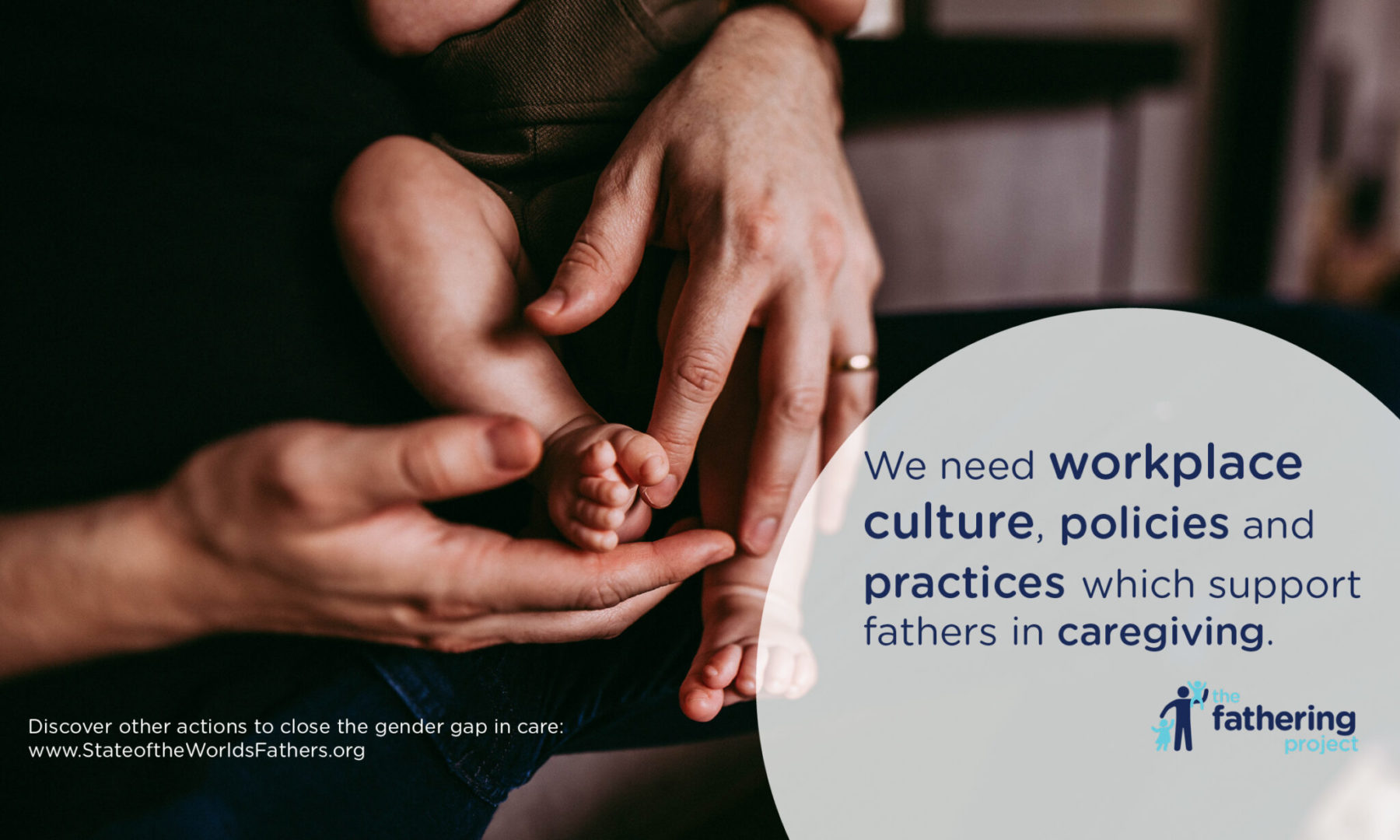The Fathering Project and State of the World’s Fathers call for action to improve the involvement of fathers in caregiving and change workplace culture policies and practice to support this
Our research shows that fathers who take a conscious approach to connecting with their children have a significant effect on their wellbeing and development; emotionally, socially and cognitively, with the impact lasting through to adulthood.
We know a father’s involvement, engagement and support from birth is especially critical during key developmental years. However, even today, we’re still finding men are unable to be as present as they would like, due to obstacles created by structures and policies at the workplace and social norms, according to the recent State of the World’s Fathers report, produced by Promundo.
The report highlights the need for changes around policies and structures so fathers can be more actively involved in caring for their children in the home. In order to get to this position, three major obstacles are identified and must be addressed:
- The lack of adequate, paid paternity leave, and low uptake of leave when it’s available.
- Restrictive gender norms which position care as a woman’s responsibility as well as the perception that women are more competent caregivers than men.
- A lack of economic security and government support for all parents and caregivers.
We’re living in a society where we are seeing more and more fathers becoming actively involved in all areas of their child’s life, and recognising their unique role in contributing positively to their child’s wellbeing.
It’s now more important than ever that we work towards overcoming these obstacles and seek to make changes, so fathers can be highly engaged in the development of their children, improving family wellbeing and better physical and mental health outcomes for fathers, mothers and children.



